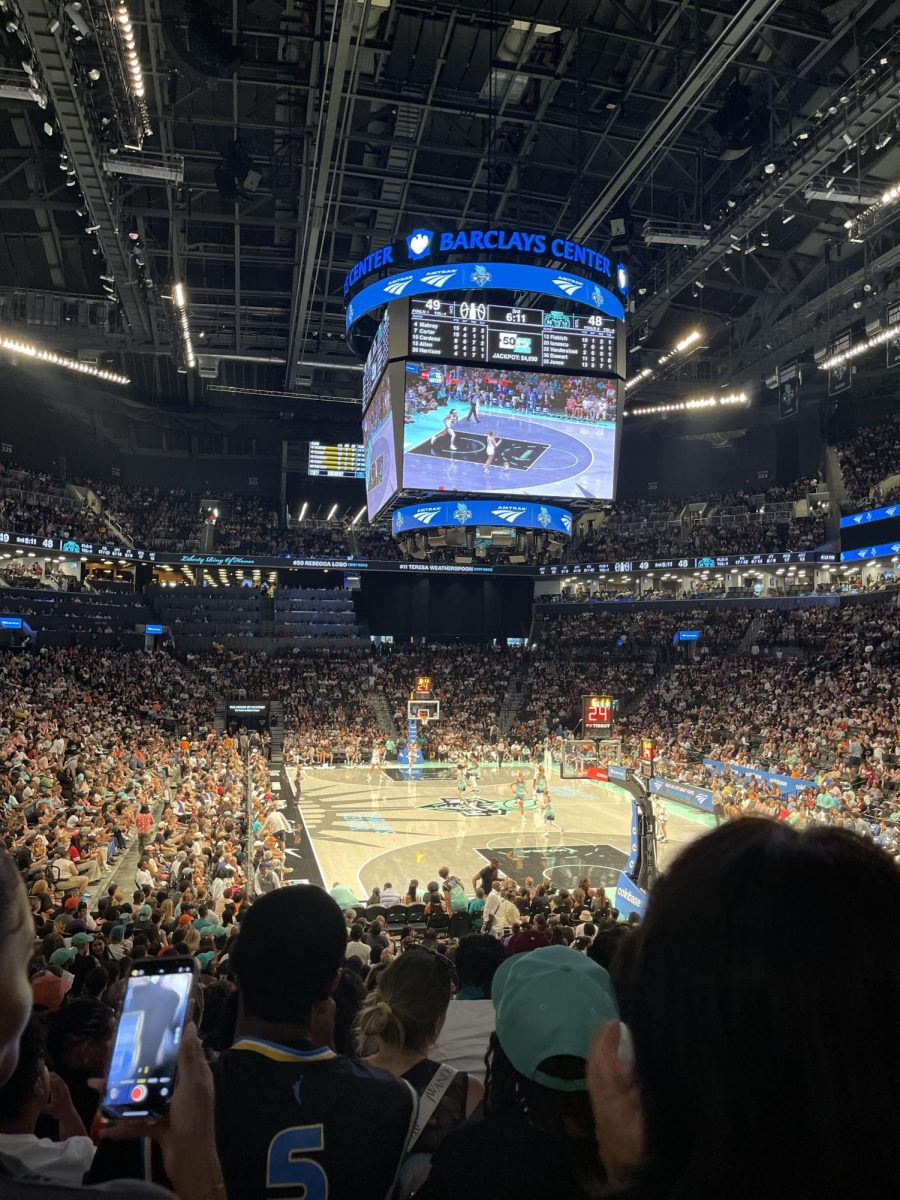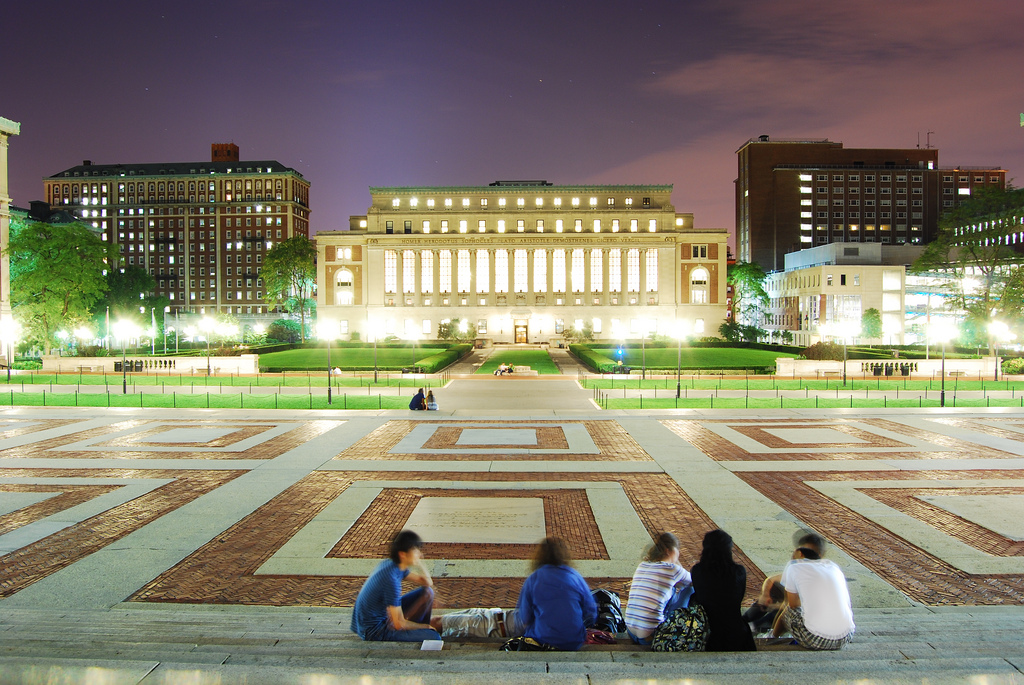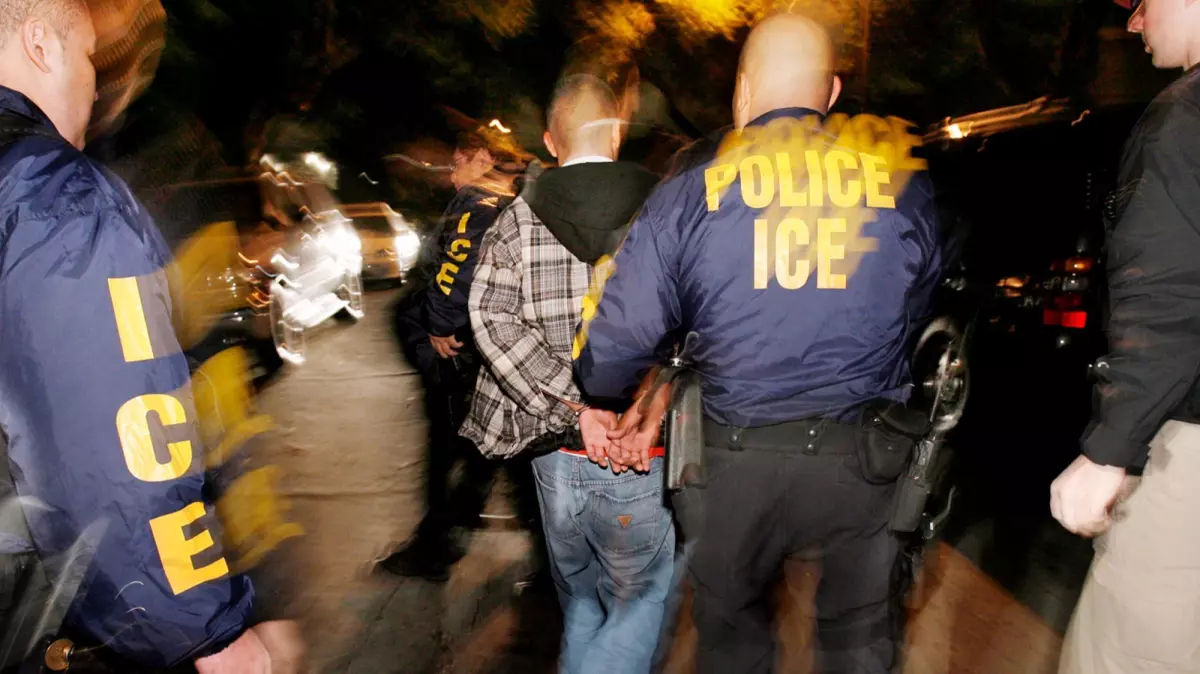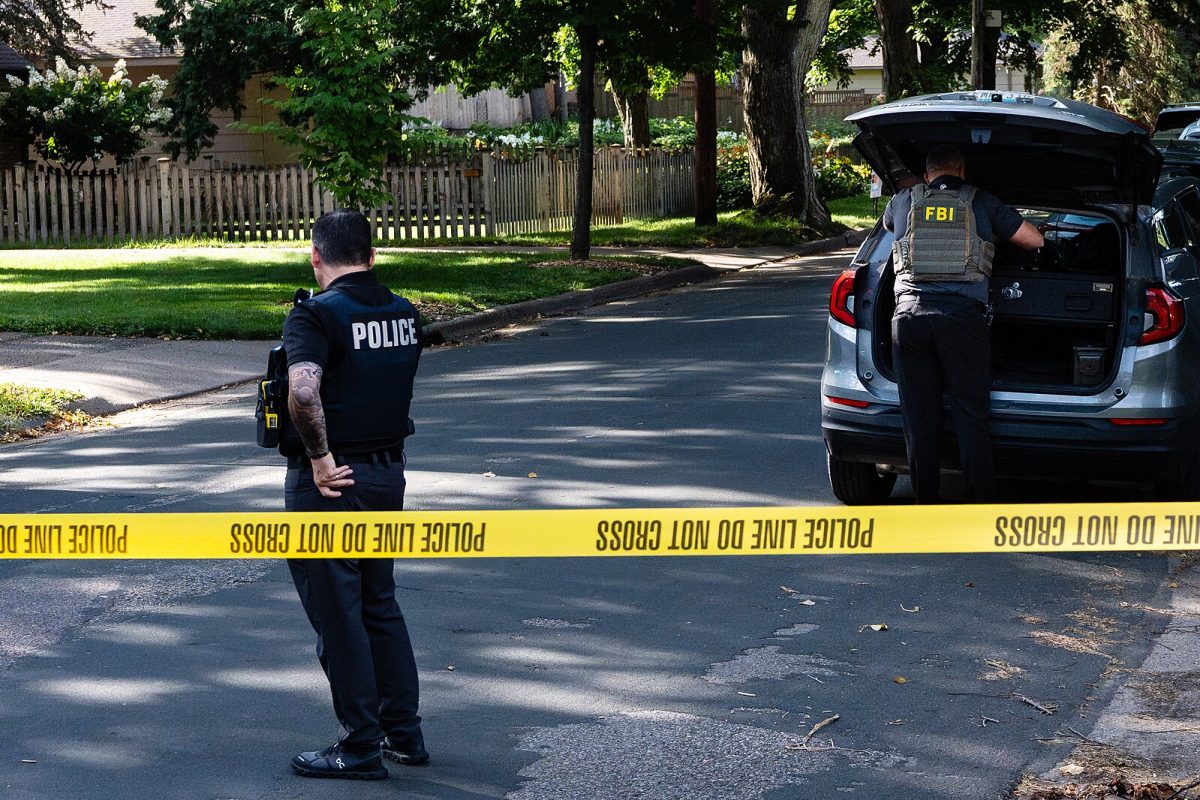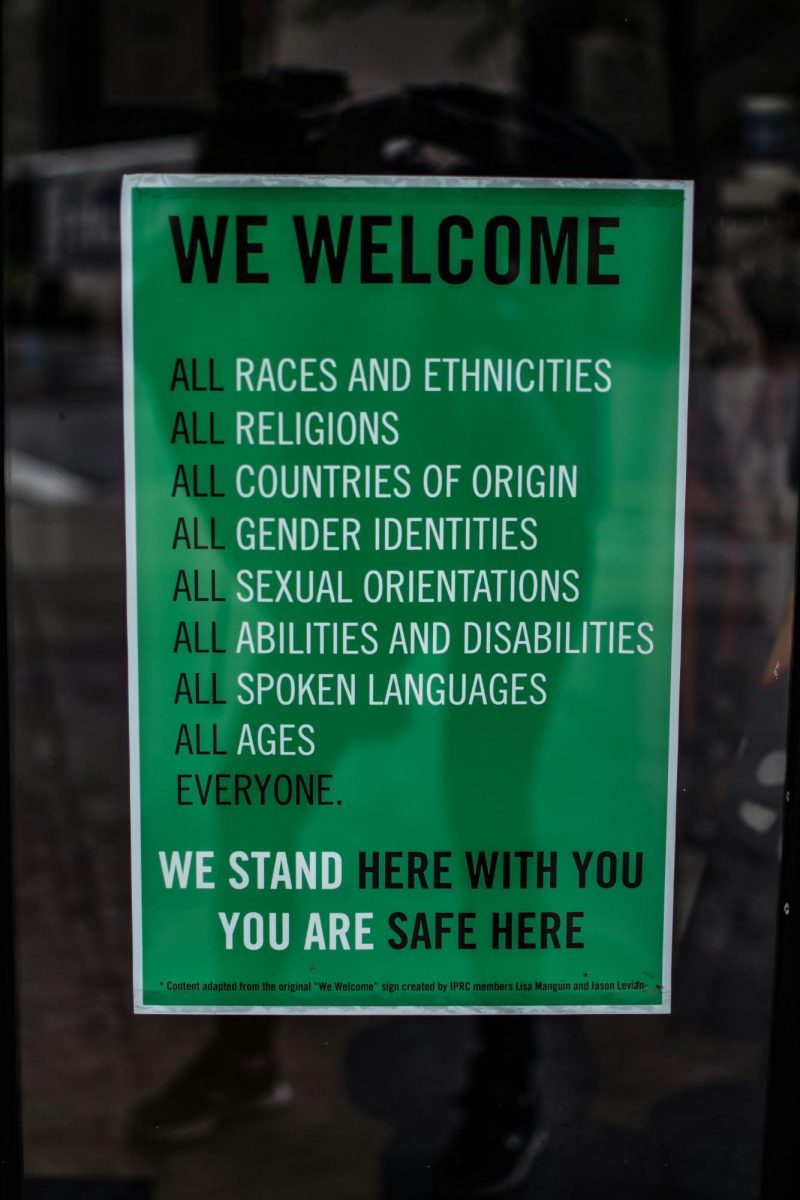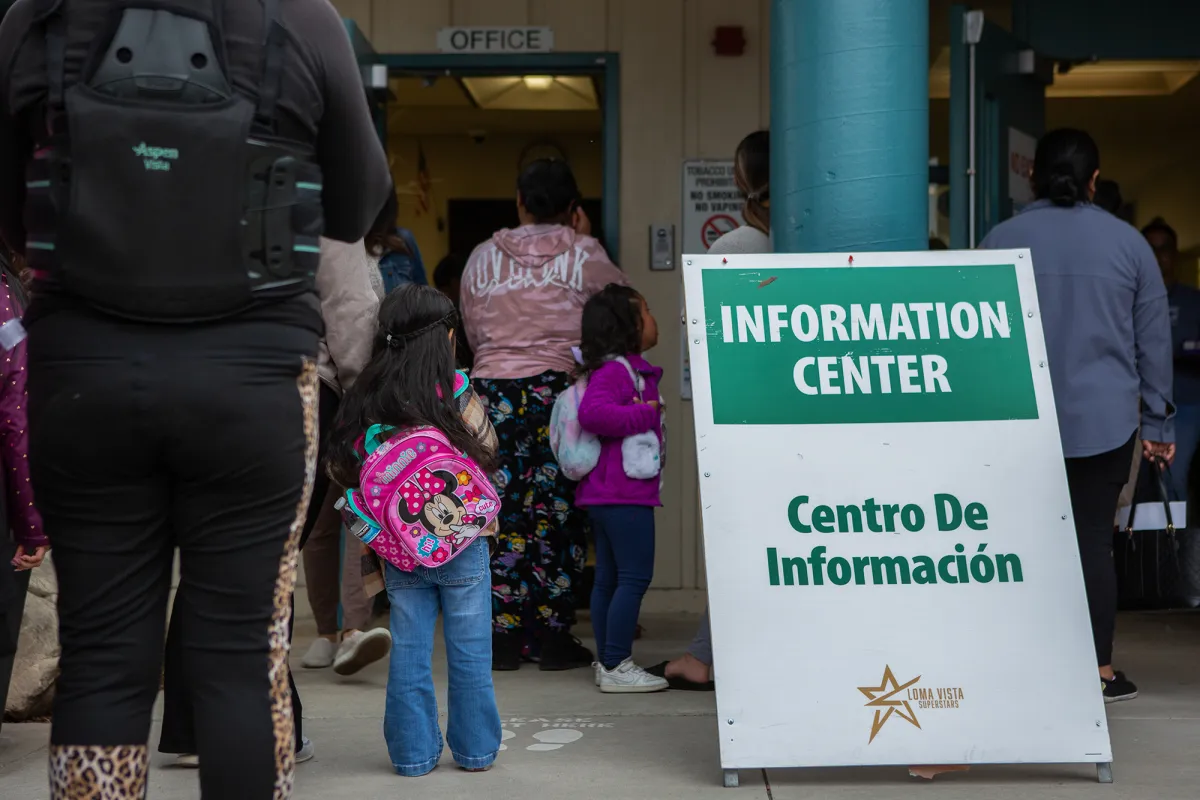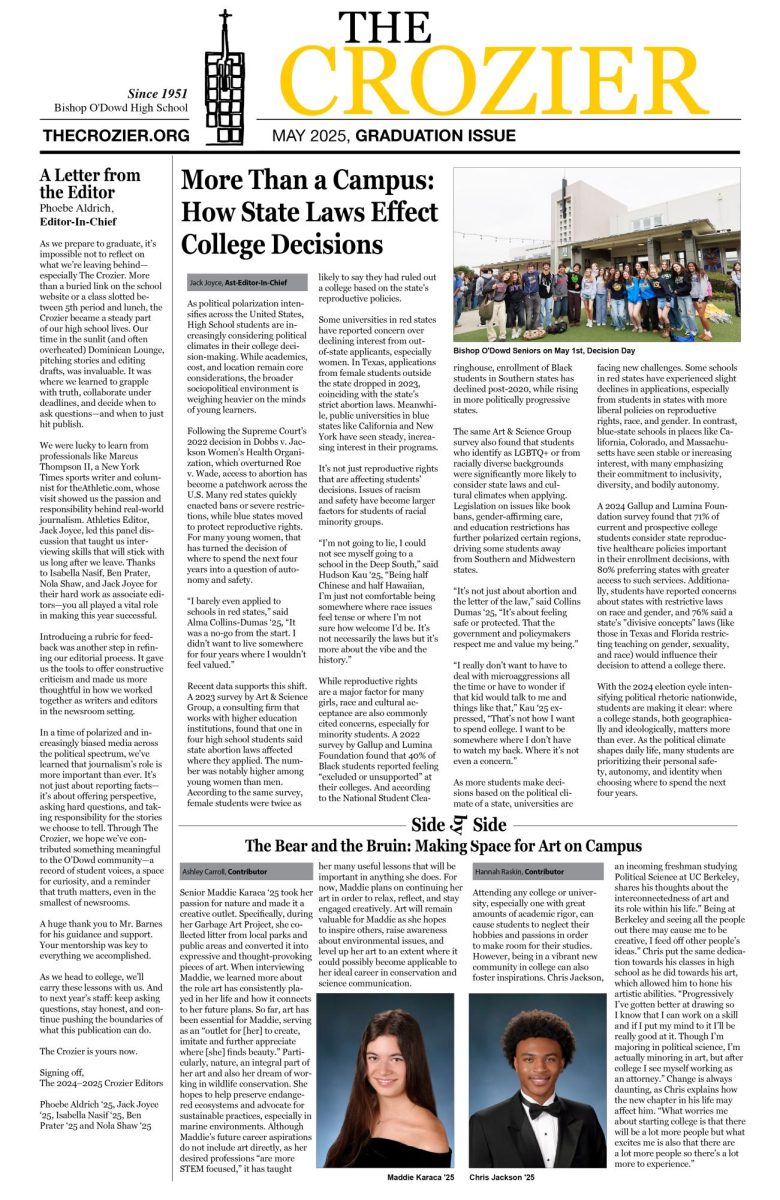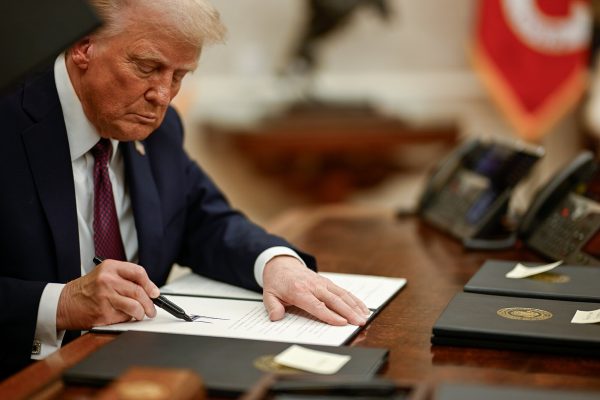
After taking office on January 20th of this year, U.S. President-elect Donald J Trump enacted a slew of executive orders, one after the other. Among the piles of executive orders on his desk was one that has sparked outrage, controversy, and lawsuits all around the country. Many question if the executive branch has the power to do such a thing.
On his first day in office, Trump signed Executive Order 14156, which banned birthright citizenship in the United States for the children of undocumented immigrants and people with temporary status. Many within the U.S. were confused as to how the president could end such a right with the stroke of a pen.
In reality, it isn’t, Cecily E Clements, a San Francisco immigration lawyer of over twenty years provides solid insight into the legality of this issue. Ms. Clements, who runs an immigration firm called RootMigration in Oakland, is knowledgeable in the powers of the Constitution and its restriction on federal authority. Ms. Clements explains, “The constitution provides for three branches of government, the executive, the legislative, and the judicial. The Constitution is the supreme law of the land of the United States. The executive’s role is to implement the laws passed by Congress. Changing the constitution is very difficult and has to be done by Congress and then ratified by ⅔ of the states. So the executive alone cannot change the constitution.”
With the new administration, pushing bills, laws, executive orders, and appointing new heads of departments. It has had a great effect on the current immigration system and how applicants within it behave now that the new administration actively seeks to deport over a million people a year. While also working to tighten restrictions around how one can attain a work permit, visa, or citizenship. Ms Clements as an immigration lawyer gave her perspective on how it has affected her clients and her job, “Severely restricting access to asylum, which is a fundamental human right recognized by our laws. Another is revoking the lawful status that people currently have in this country and subjecting them to deportation. Trump and his policies have created an enormous amount of fear and misinformation within the community. This causes many people to live in fear, not go to school, not go to work, and not go to doctor appointments. I have had lots of clients coming to me and consulting me with questions in fear of their status.”
Many are confused about how exactly Executive Order 14156 works, and what it means. A brief history lesson brings us back to the Reconstruction era. The 14th Amendment to the U.S. Constitution was adopted in 1868, after the Civil War, to grant citizenship and equal protection under the law to all individuals born or naturalized in the United States, including former slaves. It was a key part of the Reconstruction Amendments, meant to secure the rights of African Americans and ensure that states could not deny them basic civil liberties. Executive order 14156 claims that children of undocumented people are not within the jurisdiction of the United States, Ms. Clements went into detail about the specific language of the 14th Amendment and what it means, “The language of the 14th amendment says and I quote ‘all persons born or naturalized in the United States, and subject to the jurisdiction thereof, are citizens of the United States, and of the taste of where they reside’. The basis of President Trump’s executive is the clause ‘and subject to the jurisdiction thereof’. He’s arguing that undocumented people are not subject to the jurisdiction of the United States and therefore since they are not subject to the jurisdiction, children born to them are not citizens. But it is settled law that even undocumented people are subject to the jurisdiction of the United States while they are in the United States.”
Trump’s executive order has sparked legal battles, fear, and confusion across the nation, but constitutional experts like Ms. Clements argue that its foundation is shaky at best. The 14th Amendment has long guaranteed birthright citizenship and previous court rulings reinforce the principle that undocumented immigrants are subject to U.S. jurisdiction. As lawsuits challenge the order’s legality, the question remains: Can a president override constitutional rights with the stroke of a pen? The coming months will determine whether this executive action withstands legal scrutiny or serves as yet another example of presidential overreach in the immigration debate.






